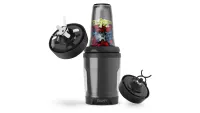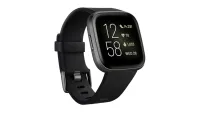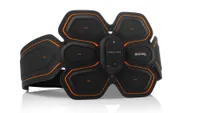Lockdown weight loss: Eat MORE of these five foods and BLACKLIST these five other ones
Top nutritionist shares five foods to avoid and five more to have instead plus other weight loss tips

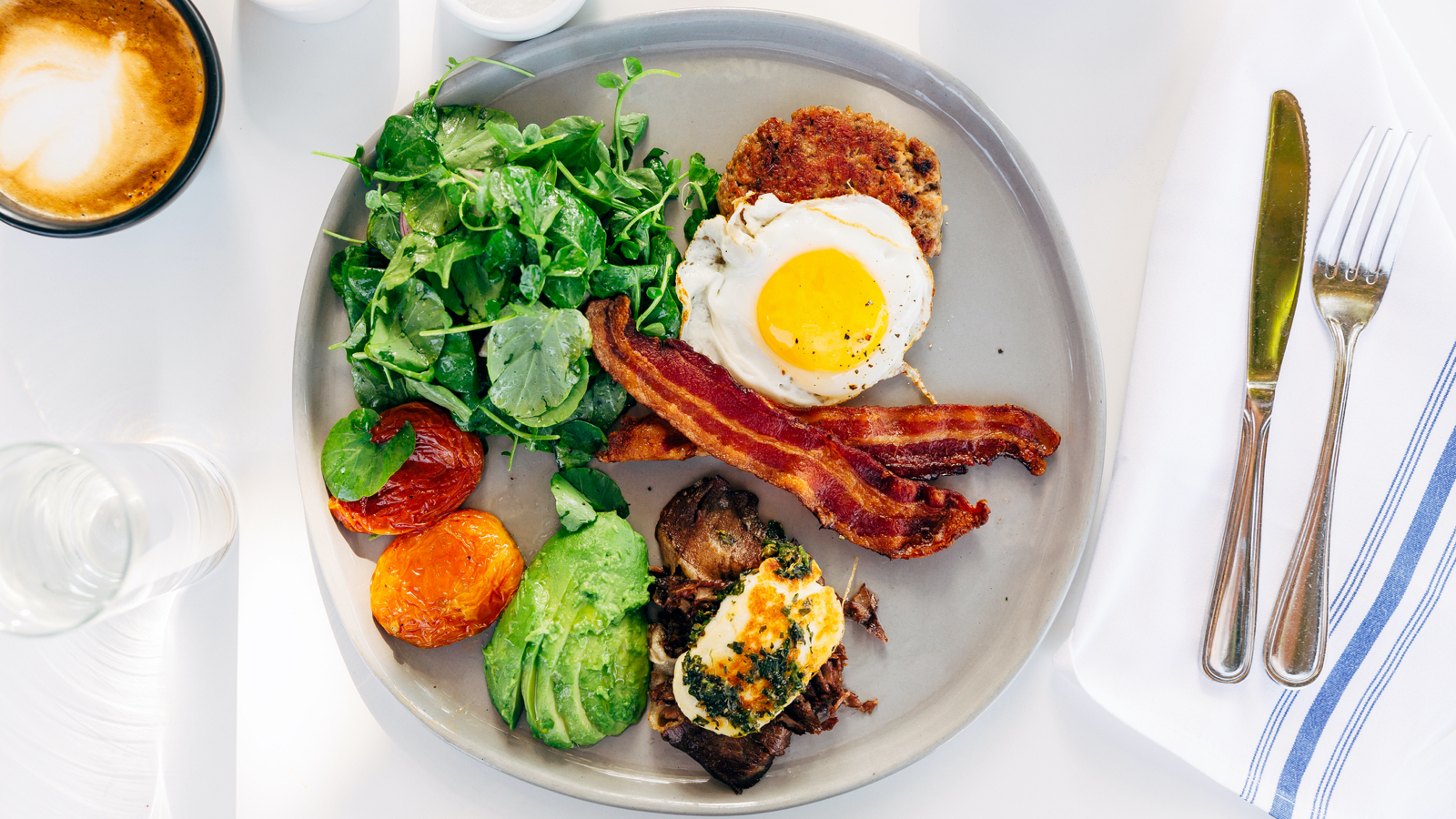
Get all the latest news, reviews, deals and buying guides on gorgeous tech, home and active products from the T3 experts
You are now subscribed
Your newsletter sign-up was successful
Weight loss was always one of the most searched for topics online, but ever since the lockdown, losing weight at home has become ever so popular, possibly because all of a sudden everyone started to gain weight due to their new, sedentary lifestyle. The good news is that losing weight at home needn't be difficult. You don't need to go full keto for weight loss… although, okay, that could help.
To find out which five foods to avoid if you don't want to gain weight at home – and five to eat instead for rapid weight loss – we spoke to performance nutritionist Simon Jurwik who also happens to be the commercial director at Bulk Powders. In his humble opinion, some simple changes to lifestyle and diet can lead to great results. You don't have to do bodyweight workouts at home or use a running workout… although that also might help.
Here are Simon's best tips on lockdown weight loss – keeping in shape effectively and safely, with no dramas.
Top five foods to avoid if you don't want to gain weight
Simon doesn't believe in the idea of inherently 'bad' foods although even he wouldn't recommend chowing down on takeaway every morning. His motto is "everything in moderation". However he adds, "I would say to limit your consumption of the below whilst in lockdown as they are more calorie dense." Makes sense.
- Processed foods: processed food has loads of additives and artificial ingredients to make them last longer and give them a more flavour. Examples of processed food include frankfurters, non-fresh bakery products, sweets and biscuits and more.
- Alcohol: as we mentioned here on T3 already, cutting alcohol can help weight loss – sometimes significantly, and without changing anything else. Letting alcohol go can also improve cognitive performance and help you live longer. No news there.
- Refined sugar: refined sugar is unhealthy for many reasons. It spikes insulin levels and doesn't have any nutritional value. It can cause addiction, damage your teeth and hurt your organs too. Most fizzy drinks and even fruit juices contain refined sugars so just avoid these altogether if possible.
- Chocolate bars: not only these contain a very high amount of refined sugars but they also have quite few additives as well. Try snacking on protein bars or beef and vegan jerky instead when cravings strike.
- Takeaways: just like processed food, takeaways are high in calories and often have a bad combination of bad fats, unhealthy carbs and high sugar content. You might feel they taste great but it's just your brain being high on carbs and sugar after you have your big bowl of chips and gravy topped with cheese.
Promixx MiiXR X7 Performance Nutrition Food Blender – 7 Piece Set – Black | Buy it for £89.99 at Amazon UK
Instead of snacking on chocolate all the time, how about having a smoothie? The Promixx MiiXR X7 is a performance blender with two different mixer heads, two Tritan bottles and two no-leak lids so you can carry your freshly made smoothies with you. The 700w motor pulverises anything you put in this blended in a matter of seconds. The Promixx MiiXR X7 is dishwasher safe but also easy to hand-wash, too, thanks to the ergonomic shape of the bottles.
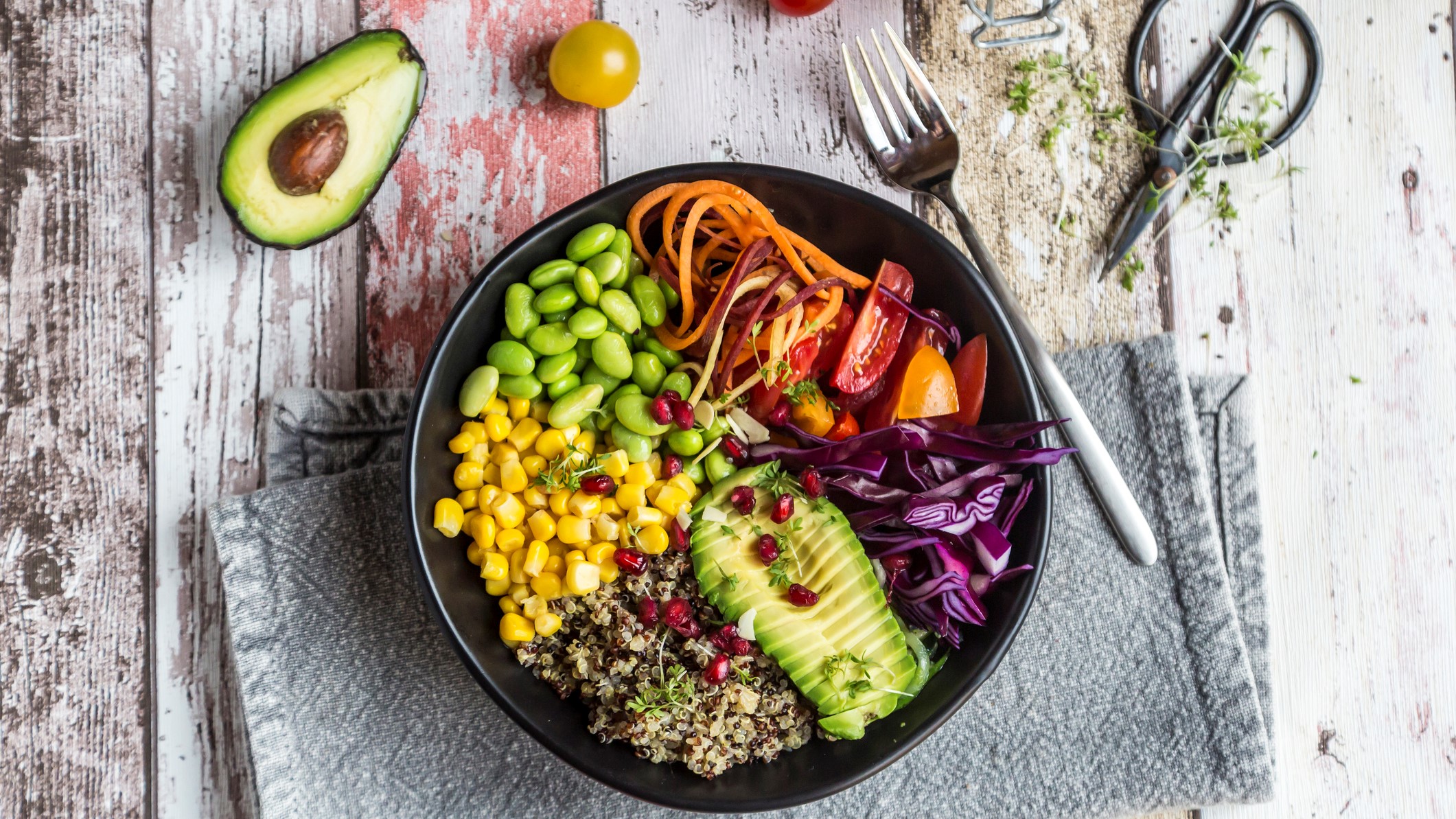
Eat all your five-a-day in one go if you wish
Top five foods to eat more of in your diet to help weight loss
When it comes to weight loss, Simon vouches for calorie deficit: "You should try and eat a well balanced diet so you get the right amount of nutrients and minerals." Ideally, you would like to eat your five a day, a mix of fruits and vegetables, to make sure your vitamin levels are topped up.
It's easier than you think to add more greens to your meals: have some tomatoes with your breakfast bacon and eggs, have an apple mid-morning, some asparagus and kale with your lunch, a banana in the afternoon and half an avocado with your tea.
That's already more than 'just' five-a-day and it shows just how easy it is to add some extra fibres to your diet. Eating more fibrous can also help you feel fuller for longer, meaning you won't get hungry almost instantly after you had some food.
Get all the latest news, reviews, deals and buying guides on gorgeous tech, home and active products from the T3 experts
Simon recommends the following food groups to be included in your diet for effective weight loss:
- High protein foods such as chicken, nuts and eggs: protein is great for muscle recovery and weight loss too. Feel free to supplement your diet with protein powder or high-protein snacks if you wish. It takes longer for your body to break protein down too, making you feel more sated after your meals.
- Low GI foods such as oatmeal, sweet potato and legumes: these will fill you up for longer and have a range of health benefits as well. GI is short Glycemic Index and it is a relative ranking of carbohydrate in foods according to how they affect blood glucose levels. Foods with high-GI ranks spike blood sugar and therefore to be avoided. Low-GI foods take longer to digest and release carbs slower.
- Fruits: pick more fibrous ones like pears, raspberry and avocado. They are rich in vitamin and minerals and eating more fruit can help you stay more healthy, even in these turbulent times.
- Vegetables: especially green veg tend to be high in protein and fibre, such as kale, and spinach but introducing more vegetables to your diet in general can have a positive effect on mood and well-being.
- Water: "I know this isn’t a food item but I think water is something that people often forget about and it’s important to keep hydrated!" Simon explains.
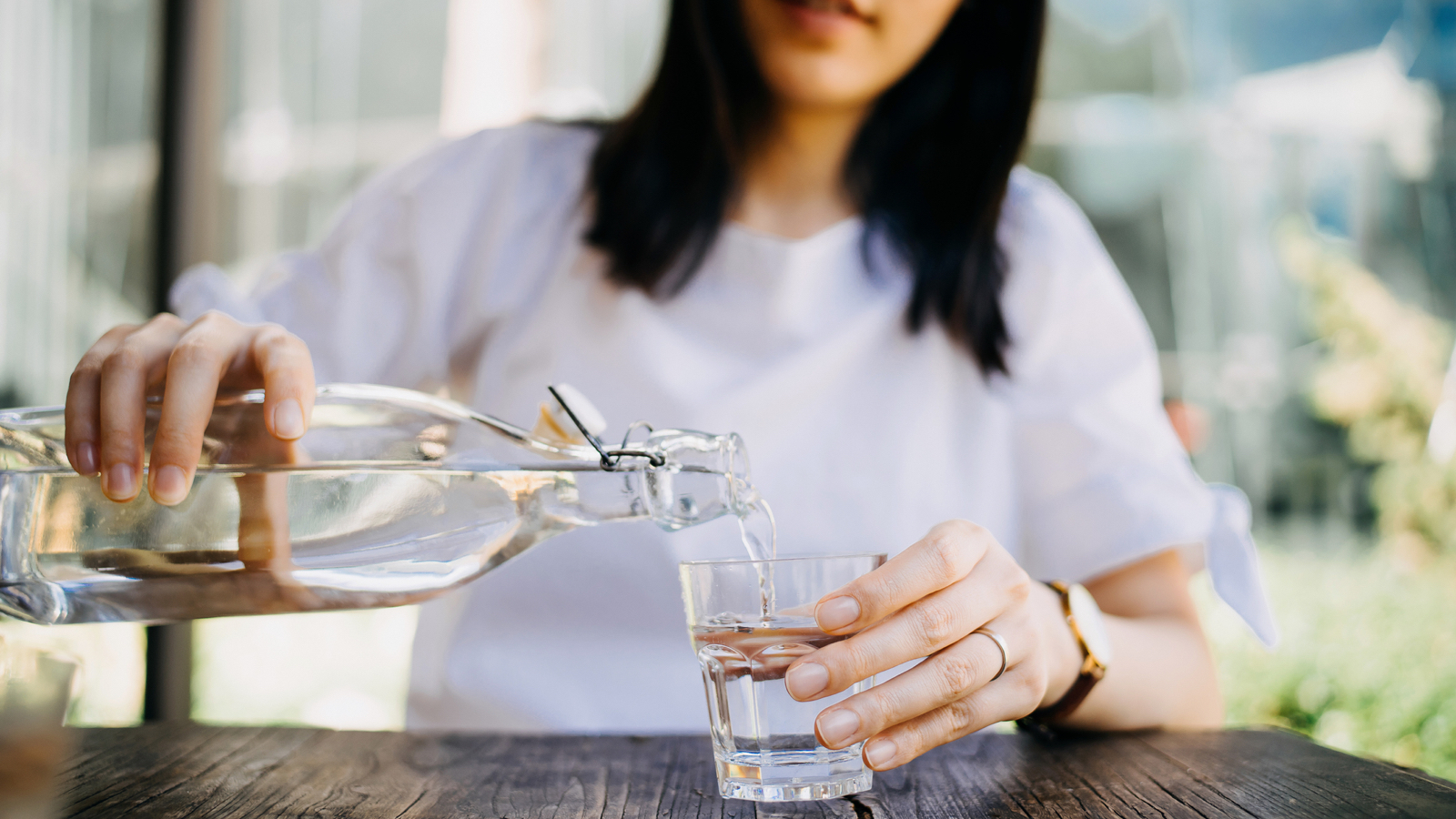
Drinking more water can certainly help
How to lose weight and avoid weight gain in lockdown
As Simon explains, "to avoid weight gain or to lose weight, you need to maintain calories – compared to your energy expenditure – to avoid weight gain or in a deficit for weight loss."
If this sounds a bit too complicated, here is what it means: you need to eat less than your maintenance calories in order to lose weight. Maintenance calories are what your body needs to function: on average, it is around 2,000 kcal for women and 2,500 kcal for men.
"A good way to do this is tracking your calories so you have a better understanding of how much you’re eating." Simon adds "If you don’t like specifically calorie tracking, then start monitoring your portion sizes. If you need to lose weight, simply reduce the portion sizes."
Calorie tracking can be made easy with apps like MyFitnessPal which can scan barcodes and do the addition for you, no need to calculate carbs/fat/protein manually.
If you want to lose weight, take in less calories than the ones you spend doing your daily activities. Although an average men burns 2,500 calories, if you spend most of your time at home and don't exercise much, your calorie needs are probably under that 2,500, more closer to 2,000.
Smart scales like the Tanita BC-401 body composition monitor can determine your base metabolic rate just by standing on it. Can'r get much easier than that.
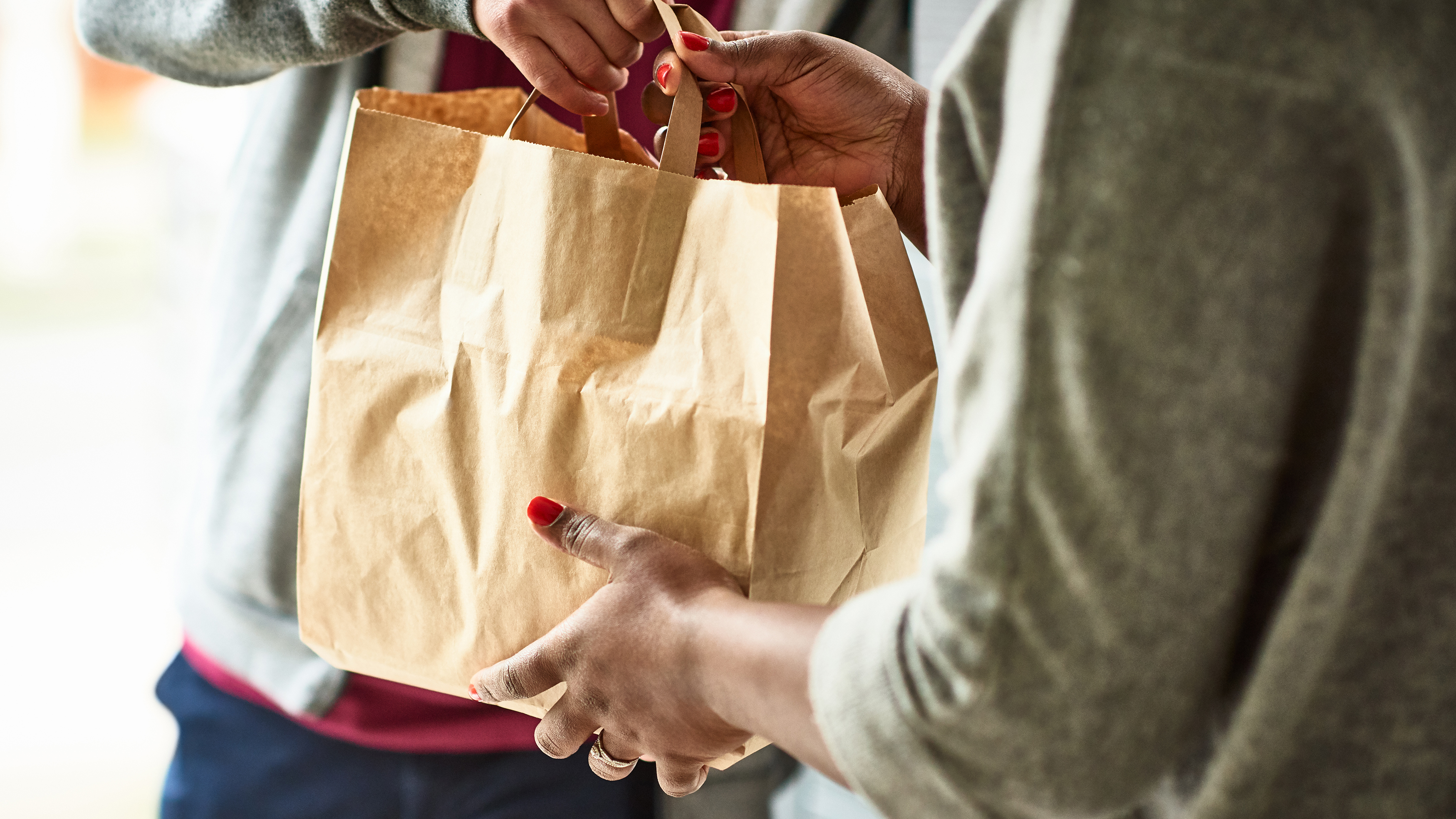
You really should avoid most takeaways. Sorry!
Fitbit Versa 2 | Prices from £199 at Amazon UK
The Versa 2 features advanced cardio tracking as well as the usual steps and sleep stuff, and has Alexa built in. It's also unusually stylish for a Fitbit, and via its excellently presented app and sprawling ecosystem, you can use it as the basis of a complete fitness and diet programme. You can also enter your meals to log calories consumed, so you can have all your dietary data in one place.
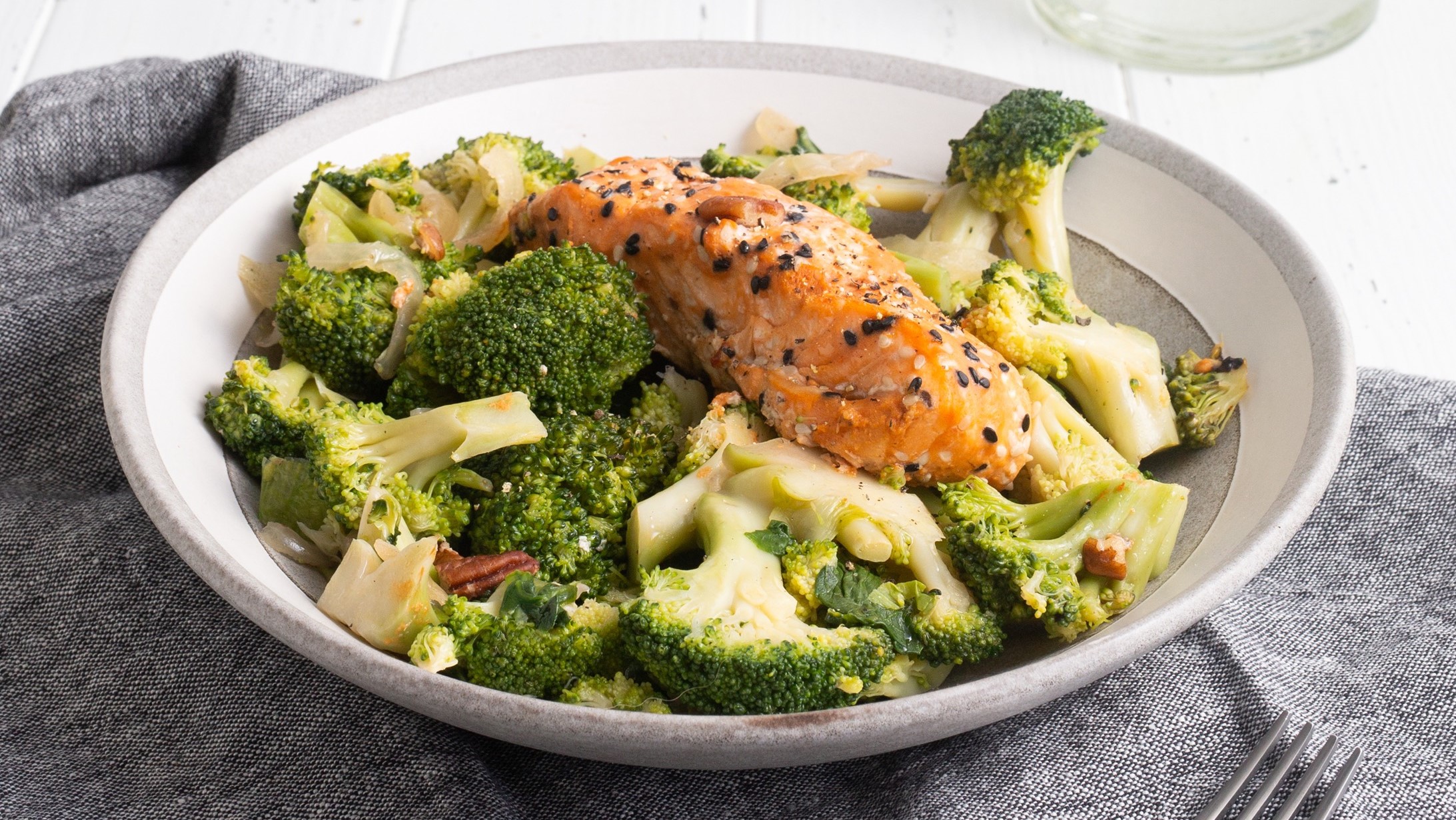
Is keto diet the key to weight loss?
What is the best diet to lose weight faster?
Going on a special diet can help, but only if it's controlled and you stick to it. "Ultimately, it comes down to adherence. If you find going lower carb keto diet is easier for you to stick with, then that’s a good option. If you prefer intermittent fasting and you find you can stick to it, then that’s one to explore" – Simon adds.
The keyword here is 'adherence': avoid moving from one fad to the other on a weekly basis. Once you found the diet you can keep to – it doesn't have to be an extreme one either – just let your body adjust and eventually, you'll see the results.
The most important thing to remember is that once you get healthy, weight loss will come naturally. It's not about chasing after pounds lost; what's more important is to ease yourself into a healthy lifestyle and a sustainable diet. That will make you lose weight and keep it off, too.
Other special diets include the vegan diet, military diet and paleo diet. And loads more. Do we recommend these? Not necessarily but they are there as an option, should you want to try them for weight loss.
FitBit Aria 2 smart bathroom scale | Buy it for £119.99 at Amazon UK
This clever scale tells you your weight, BMI and body fat percentage – which is all a lot of people want. It then reports this to your Fitbit account, so you can monitor your weight trends and use it alongside your Fitbit wearable's daily calorie-burn estimates. Add MyFitnessPal or Fitbit's own dietary features and you can then sync your meal-plans, daily calories consumed and weight goals, if you want.
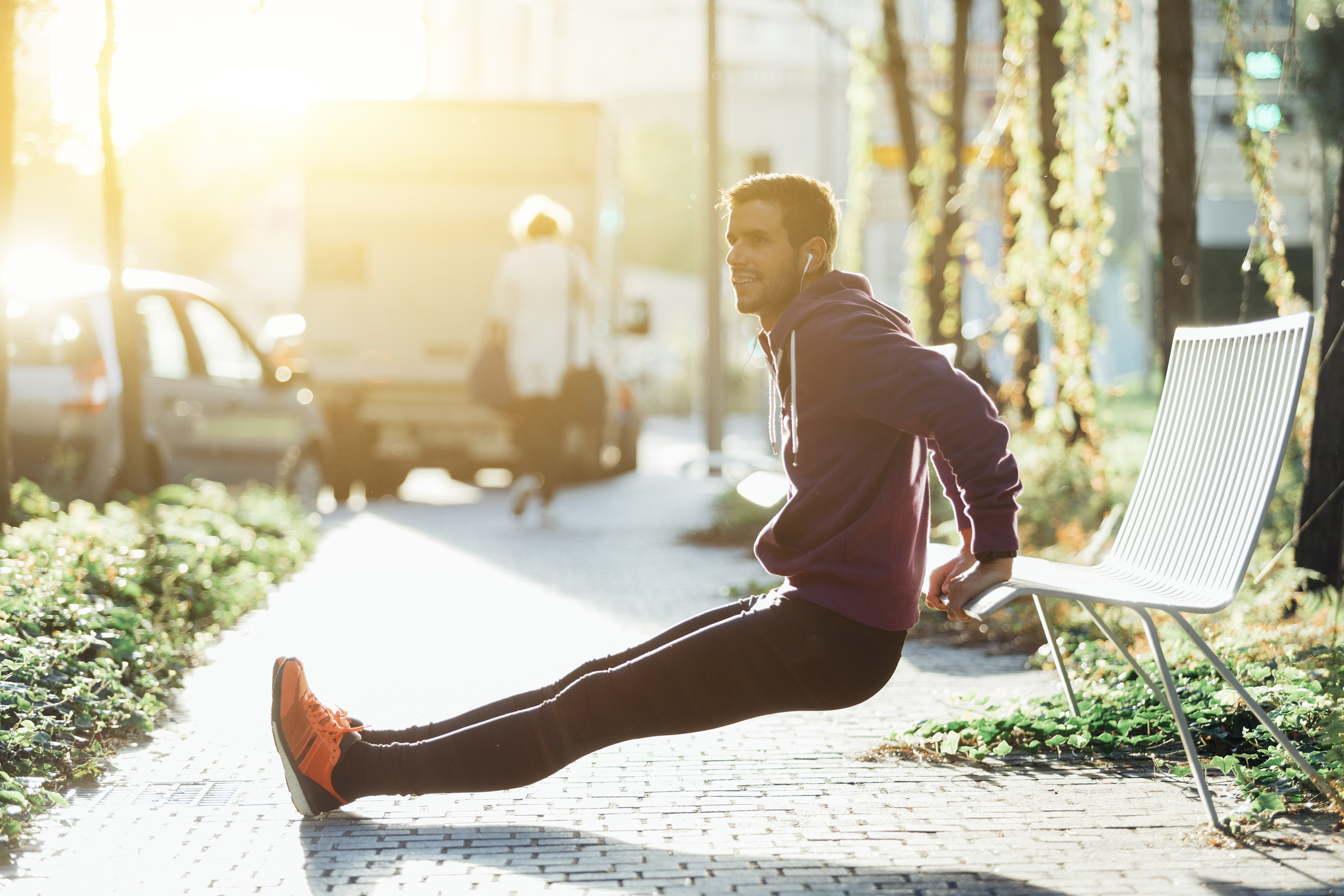
Exercising regularly is not necessary for weight loss but it can certainly help
Is exercising necessary for weight loss/maintenance?
In Simon's opinion, it's important to make a distinction between people who already have a certain muscle mass and people who 'just' want to lose weight: "It depends, if you’re aiming to maintain a certain amount of muscle mass, you would need to continue exercising and in particular, resistance training, to hold onto the muscle mass you have."
Cardio has long been used for weight loss, let it be running on treadmills, indoor cycling or indoor rowing. But resistance training is also a great way to burn calories as well as doing HIIT workouts. The best resistance training for weight loss are the ones that use compound exercises, like this full body workout or this two-day push-pull workout.
"Similarly, if you’ve just completed a diet, which incorporated exercising and calorie restriction, you’ll need to continue completing the same level of exercise to maintain your weight. If you were to just stop, your calorie expenditure would go down and you will likely gain weight" – Simon concludes.
SIXPAD Electric Muscle Stimulation Training Gear | Prices from £175 at Amazon UK
SIXPAD training gear won't replace hard work but it can make it more effective. These cordless pads can effectively enhance muscle stimulation and can "help users achieve a 8% improvement in abdominal muscle size after 4 weeks alongside a balanced diet and exercise" – or so does SIXPAD claim. A great alternative to midday runs, using the SIXPAD won't make you sweat but will still provide some degree of muscle stimulation.
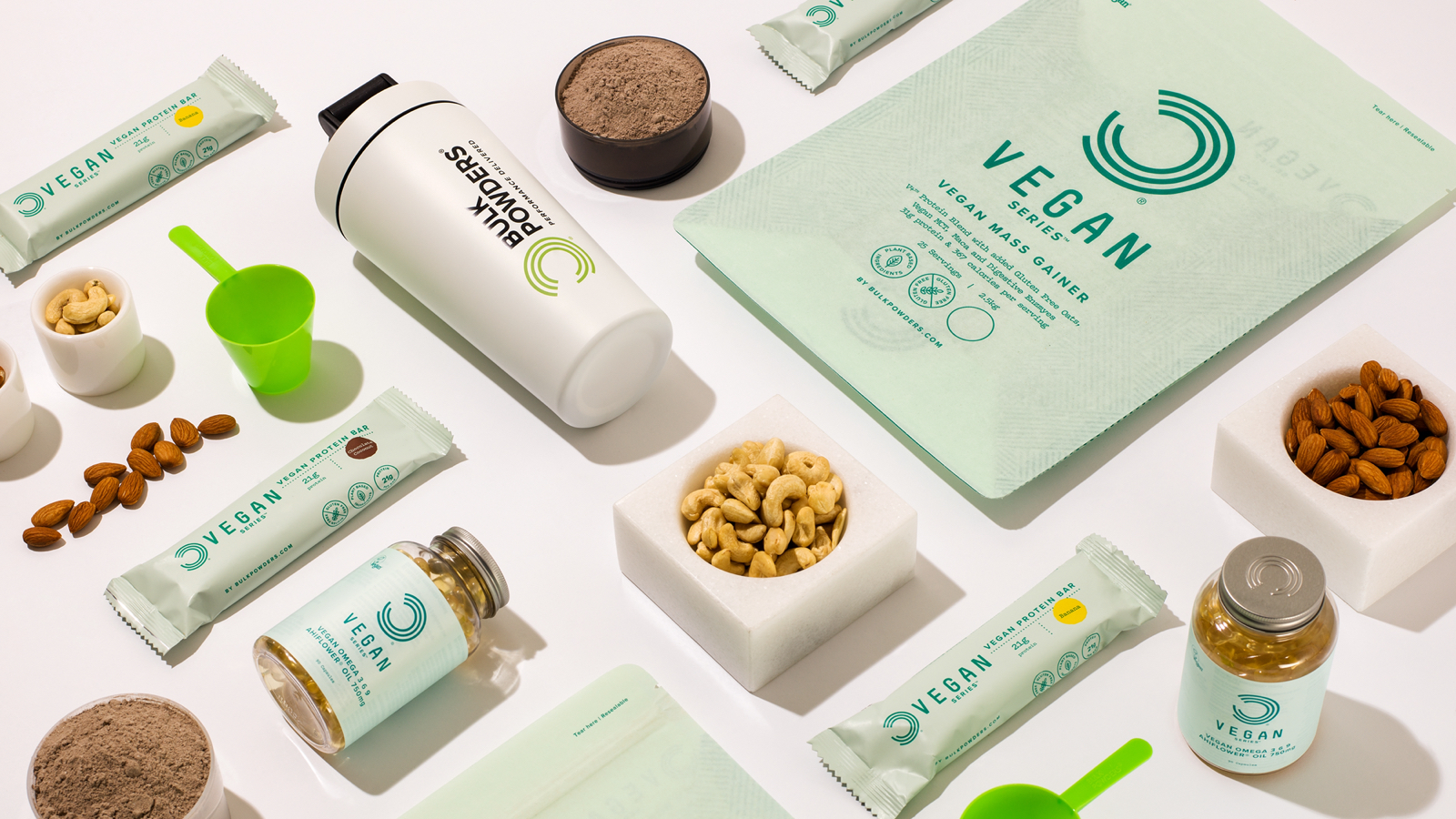
Supplement-wise, Bulk Powders has you covered
Can supplements help maintain/lose weight and if so, which ones?
Understandably, Simon knows a lot about topping up your energy levels with supplements: "having the right supplements in the right time can contribute to maintaining/losing weight when incorporated into a balanced diet. For example, if you follow a ketogenic diet, Bulk Powders has several products that are low in carbohydrates such as our Complete Keto Protein Shake, Complete Greens and Electrolyte tablets."
Supplements can come in many shapes and sizes and supplementing your diet doesn't necessarily mean chugging down gallons of protein shakes or weight gainers. Especially if you are following a strict diet, like the vegan diet or the aforementioned keto diet, taking some supplements will be inevitable to support your metabolism.
When using supplements to lose weight, our product Cutting Edge, contains Glucomannan which contributes to weight loss in the context of a calorie restricted diet.

Matt Kollat is a journalist and content creator for T3.com and T3 Magazine, where he works as Active Editor. His areas of expertise include wearables, drones, action cameras, fitness equipment, nutrition and outdoor gear. He joined T3 in 2019.
His work has also appeared on TechRadar and Fit&Well, and he has collaborated with creators such as Garage Gym Reviews. Matt has served as a judge for multiple industry awards, including the ESSNAwards. When he isn’t running, cycling or testing new kit, he’s usually roaming the countryside with a camera or experimenting with new audio and video gear.
